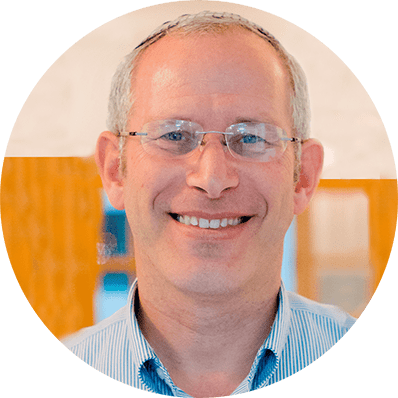We all know how school culture affects students. The way teachers relate to each other, to parents, and to students all contribute to defining whether the school is warm, trusting, and enabling or demanding, regimented, and orderly. These affect student attitudes and performance as well as their overall feelings for the school, with considerable implications in areas such as recruitment, retention, identification, parent support, and alumni involvement.
I recently had the opportunity to witness the profound impact of school culture on the faculty. Although located in a large urban area, the school was distinctly homogenous. Almost all the students came from the same ethnic background, as did the teachers and the administration. And although there were some significant, nuanced variations, the teachers—including all disciplines—largely shared the same religious orientations. Even more, despite the geographical location of the school in a large city, everyone was from the same community. This extraordinary confluence created an environment in which everyone knows everyone else both from inside and outside the school. This resulted in an amazing bonding of the faculty, many “insider” comments and jokes, and shared values and commitment to the school’s/community’s mission.
Whether consciously or unconsciously, the professional leadership shared and cultivated the culture of camaraderie. Without compromising on their leadership, as community members, they did not hold themselves above their faculty but joined with them. The quirks, idiosyncrasies, strengths, and weaknesses of teachers were well-known by all; teachers and leaders were able to freely banter and even joke about them without being demeaning. The culture was one of acceptance of difference while encouraging improvement.
I had been invited into the school to help shepherd a process, one in which I anticipated both pushback from teachers (emanating from a broad range of places) and friction between different faculty groups whom I suspected would be anxious about other groups moving in on their turf. To my surprise, there was neither pushback nor friction. That does not mean that there weren’t questions and concerns about the process they were beginning, but the questions and challenges were coming from a place of genuine concern —both personal and educational. They were raising issues not because they were resisting the changes that were coming, but because they were anticipating potential problems and trying to troubleshoot them in advance.
I did not have a chance to witness these teachers in their classrooms. Maybe some of them are superstars, maybe not. But, I believe that it is the culture of the school that transformed these otherwise ordinary teachers into an extraordinary team. To watch them working together in partnerships which may have otherwise been difficult to imagine, was truly inspiring. And while not every school has all the same features that make this institution stand out, I believe that others can learn about creating the kind of culture that makes it safe for teachers to be vulnerable. It is that space of safe vulnerability where authentic growth happens.

Zvi Grumet
Zvi Grumet is a master Bible teacher and educator. His books include Genesis: From Creation to Covenant and Moses and the Path to Leadership, and he is Senior Editor of the Koren Lev Ladaat Humash. Rabbi Dr. Grumet is recognized internationally for expertise in teacher training and professional development and has 25+ years of experience leading and coaching teachers in Jewish studies classrooms. He oversees the professional development programs and Jewish Educational Leadership journal of The Lookstein Center.

